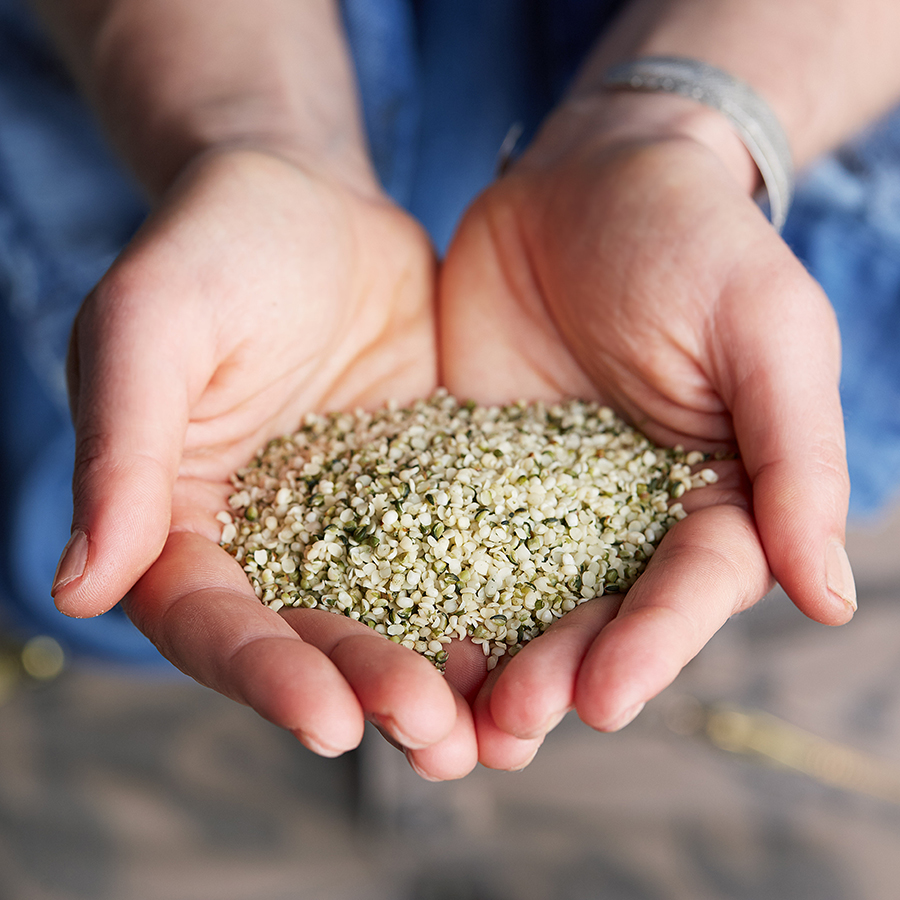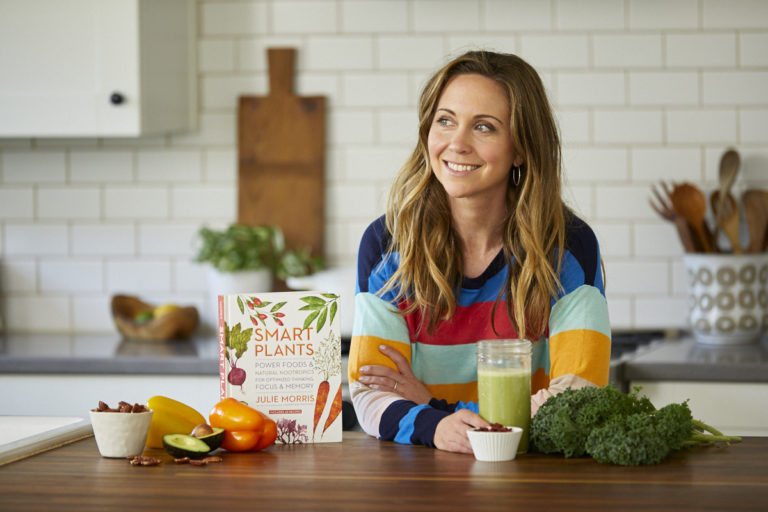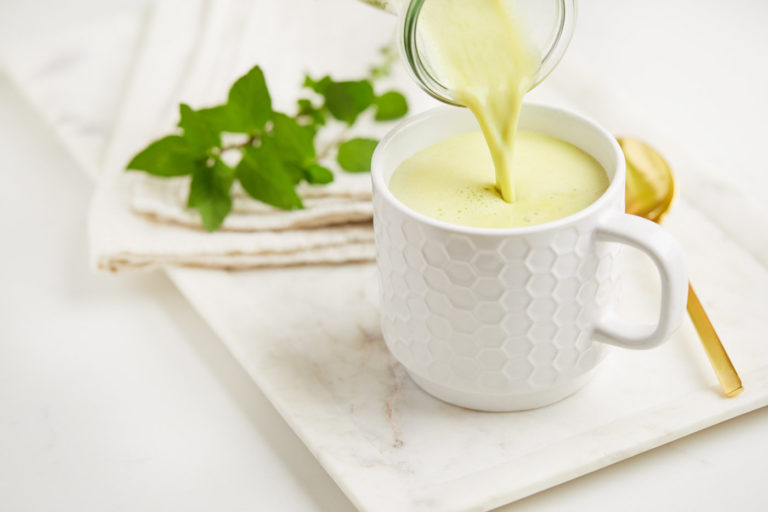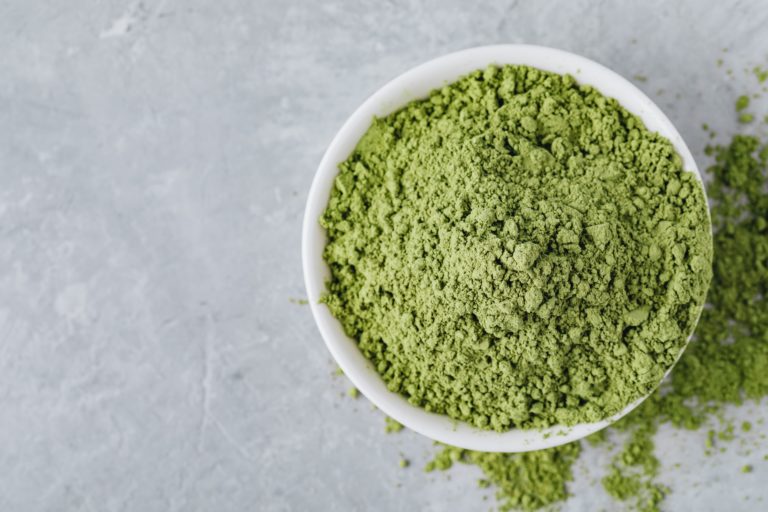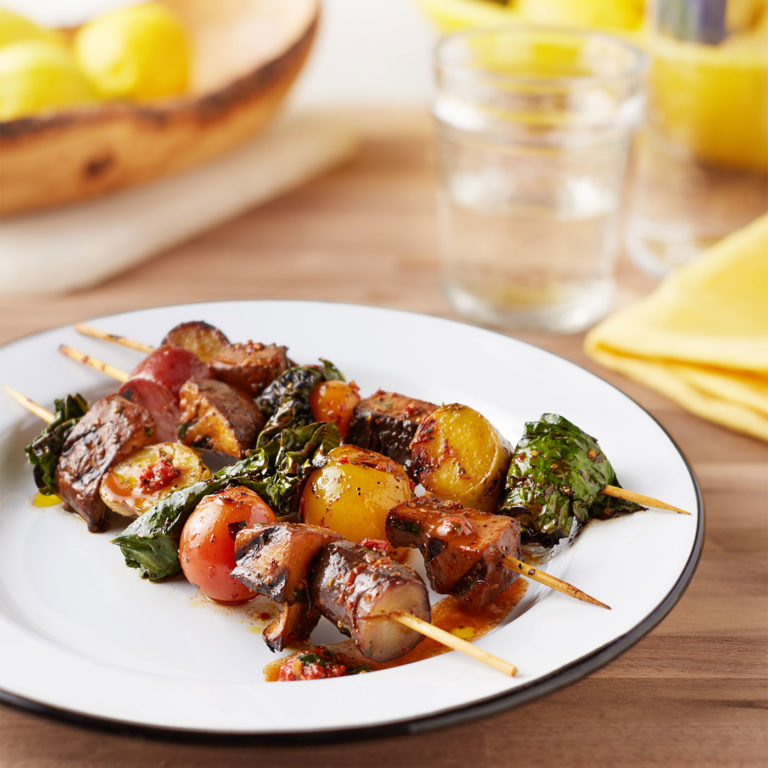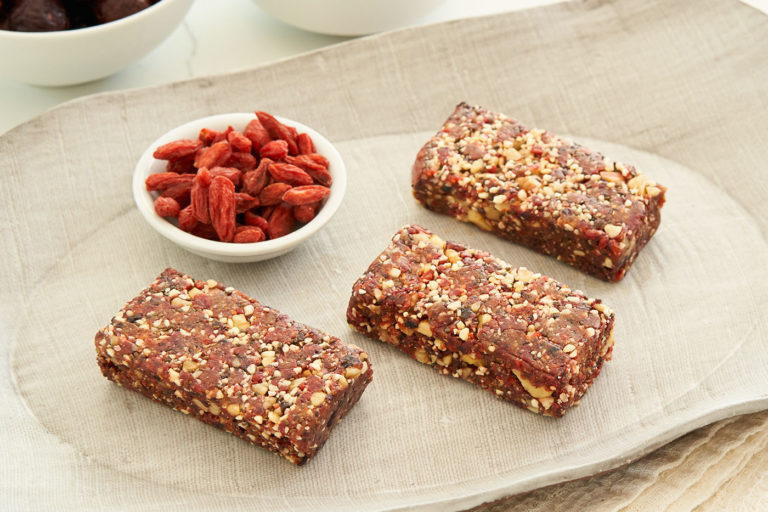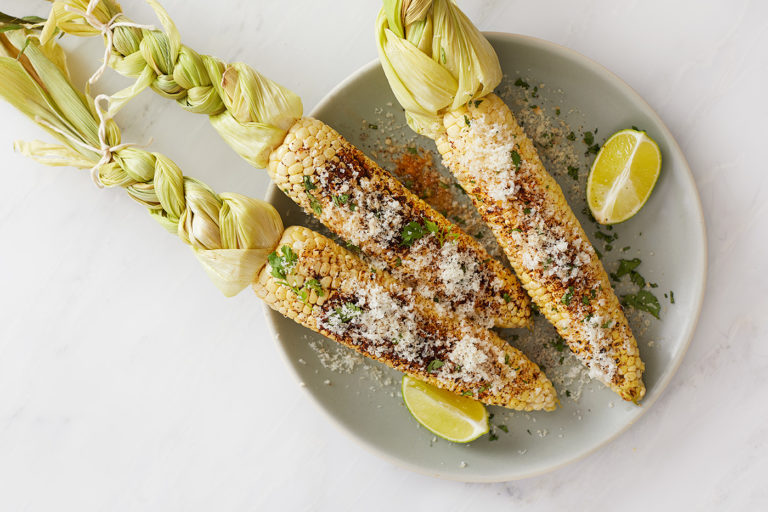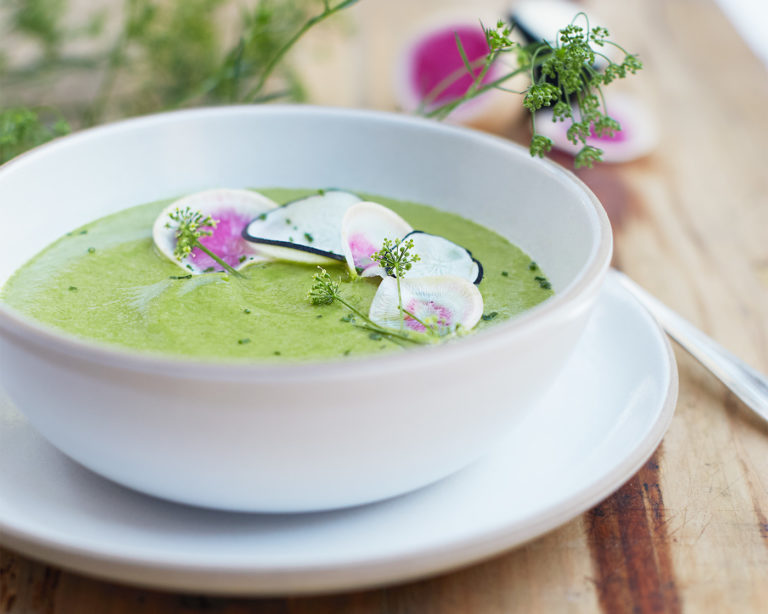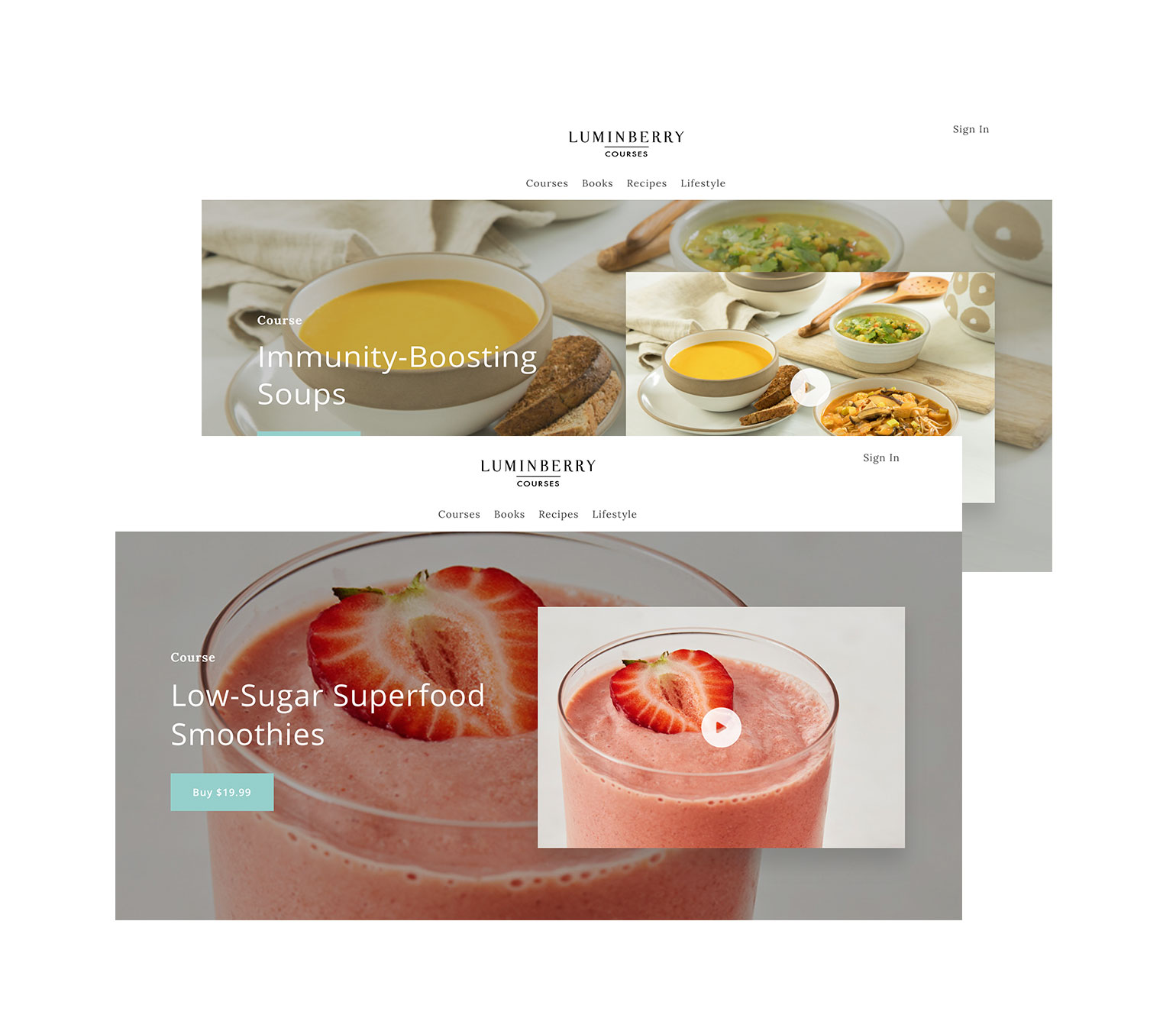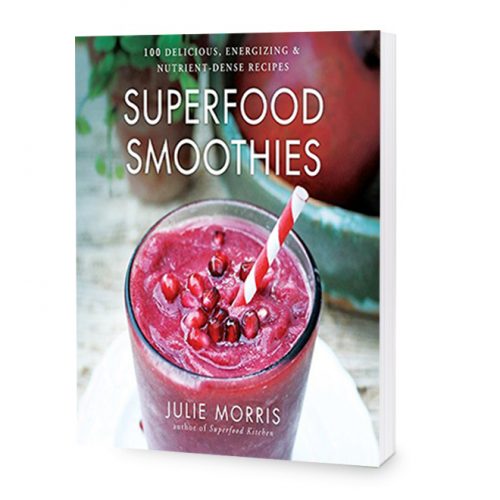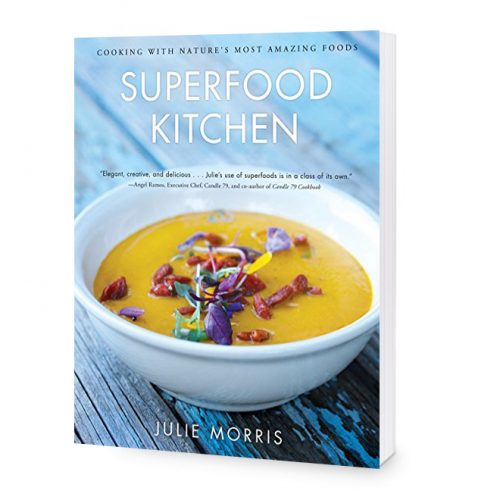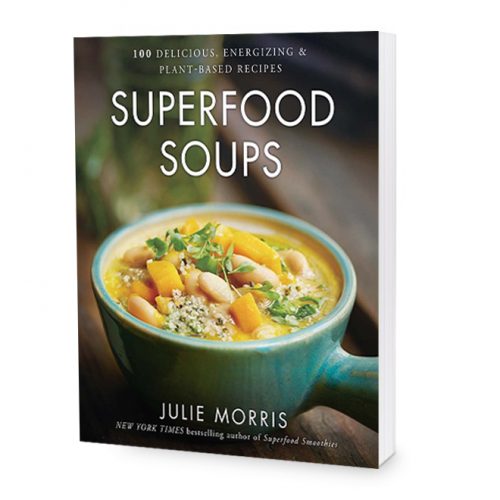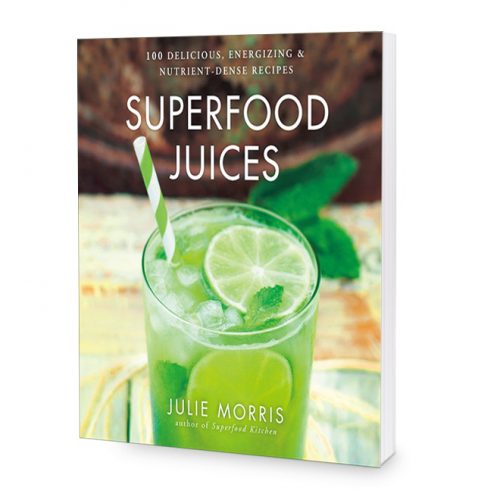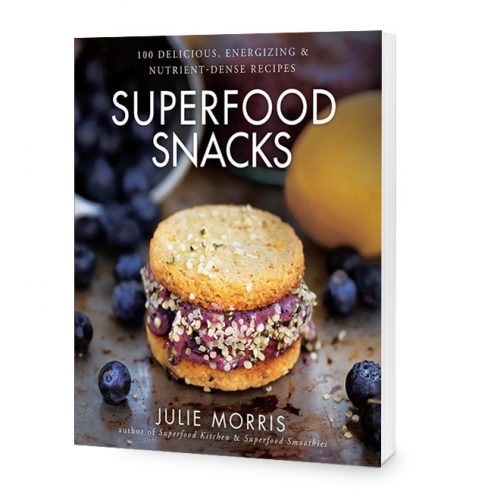Forgive me for being so blunt, but if you’re not already stocking a solid supply of hemp seed in your kitchen pantry, it’s time to make the upgrade… now. (I’ll wait while you run to the store.) Hemp is one of the most diverse, functional, and healthy superfoods available – easy to use in everything from breakfast cereals to energy bars to superfood soups – and an ingredient that I consistently list in my “top 5 foods” for so many reasons.
First things first, hemp is a plant that is, yes, related to marijuana, but it is not the same thing – similar to how you’d consider a bell pepper and a jalapeno pepper to be in the same family, but used for very different applications. (I’ve gone into detail about the relationship of THC and culinary hemp products here, if you’re curious.) The hemp plant itself is a profoundly sustainable crop, needing very little water to grow (it is, in fact, a weed), and is extremely strong, naturally protecting itself against pests. Aside from the edible forms of hemp we see at the supermarket, hemp plants can also be used to create a montage of other products, including oil (fuel), paper, and hemp-derived fiberglass. With benefits like these, it doesn’t take much imagination to recognize why hemp was initially a mandatory crop of the first American colonies … even George Washington himself grew fields of it!
In the edible realm, hemp is extremely versatile as well. Hemp seeds can be consumed whole, pressed into oil, or milled into a protein-rich powder. Hemp has a nutty flavor, similar to a sunflower seed, but since it’s a seed, hemp is a great alternative for people who have nut allergies. Hemp is truly loaded with protein (which includes all of the essential amino acids, making it a complete protein), offering 10 grams of protein in just 3 tablespoons of raw seeds! Additionally, hemp is an excellent source of fiber, healthy omega fats (which are extremely well-balanced in the 3-6-9 ratio), and important minerals like iron and zinc. I would go as far to say that hemp seeds could be considered one of the most sustainable, environmentally-friendly, and healthy and well-rounded forms of protein on the planet.
When it comes to using hemp in the kitchen, the good news gets even better: hemp is extremely easy to use. Hemp seed’s delicious nutty taste and soft chewy texture is extremely versatile in both savory and sweet recipes – you can sprinkle the seeds into everything from pasta to granola. Hemp protein powder is an excellent way to boost recipes as well, which is excellent when blended into smoothies, or even mixed into baking batters to make protein-rich pancakes, muffins, and the like.
Hemp is clearly one of our most important superfoods, with infinite possibilities in terms of applications. How will you use it?

